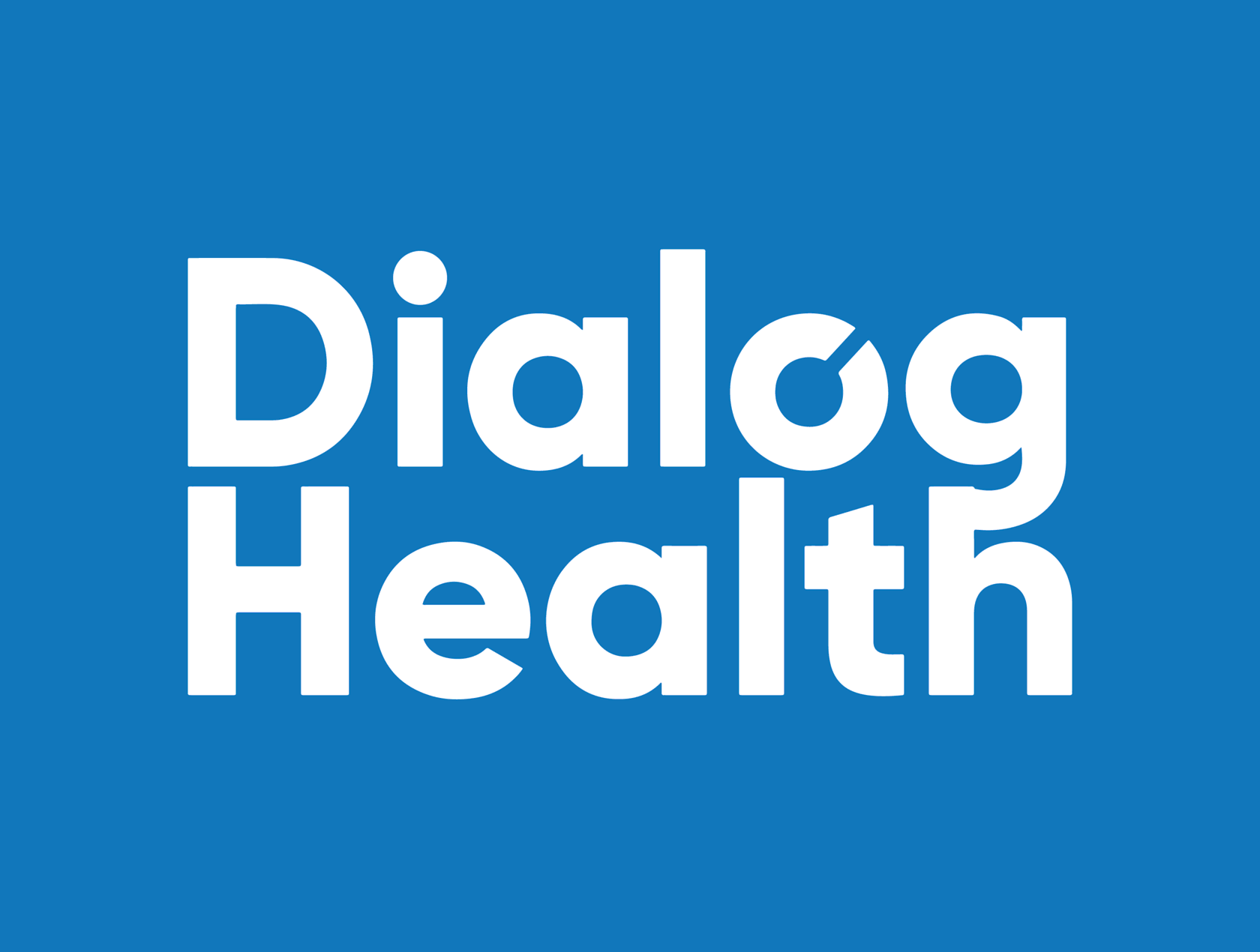- Norway
- Mental health
- 17 delegates
- May 2025
From 15 to 17 May, a delegation accompanied by Dialog Health travelled to Oslo, Norway, as part of a performance study mission entitled ‘Individual freedoms and mental health practices in Norway: towards the end of restraint’, organised in partnership with ANAP. The aim of the mission was to explore the dialogical method and innovative psychiatric approaches aimed at limiting violence and strengthening links with families through open units.
Why Norway?
Norway is renowned for its progressive approaches to mental health, with a focus on individual freedoms and patient-centred care. It is renowned for its open psychiatric units, even in traditionally closed settings, which reduce physical constraints and foster relationships based on trust.
Organised in partnership with ANAP, this study mission enabled 17 mental health professionals from various French establishments to experience a targeted immersion to study innovative practices in psychiatry.
The study tour began at the Lovisenberg Diakonale Sykehus, where the delegation met Hans Martin Nussle and his team from the mental health centre. It was an inspiring visit to a system based on trust, openness and patient empowerment.
Participants discussed the open door policy, a real paradigm shift in psychiatry. Here, opening doors also means opening up dialogue, trust and autonomy. This model places the user at the heart of care, focusing on empowerment rather than coercion.
Concrete alternatives to isolation and restraint are deployed: soothing rooms, mediation, reasoned use of short-acting drugs, and systematic analysis of crisis situations to ensure continuous progress. The role of peer helpers has emerged as a powerful lever: integrated into the teams, they embody the hope of recovery thanks to their real-life experience and their direct link with patients.
Finally, a wealth of therapeutic activities (music therapy, occupational therapy, physiotherapy) are available from the very first days of a crisis, helping to soothe, express and rebuild social links.
And the results are convincing:
The second day took place at Akershus University Hospital, with a focus on intensive psychiatry and therapeutic innovation. Akershus University Hospital is one of Norway's largest hospitals. It serves a large population and has several specialist psychiatric units.
In the morning, the delegation attended a seminar led by Professor Jean-Max Robasse.
Professor Jean-Max Robasse, head of the special psychiatry department, welcomed the delegation for an in-depth session on the structuring of the ASP (avanceret spesialpsykiatri - special psychiatry) department. The morning session included:
Here, the objectives are to reduce the average length of stay, prevent forced hospitalisations, actively involve families in care decisions and, lastly, create a team culture based on reflexivity and mutual support.
In the afternoon, the delegation was taken on a tour of the various units in the department and had the opportunity to talk to the facility's professionals:
This study tour enabled participants to discover two pilot establishments in the reduction of restraint practices and to understand the link between human proximity, care architecture and innovative therapeutic strategies.
While the Norwegian model cannot be transposed as it stands, it is inspiring: it demonstrates that with a strong institutional commitment, a clear legal framework and ongoing training, it is possible to rethink psychiatry based on rights, trust and relationships.
Norway is renowned for its progressive approaches to mental health, with a focus on individual freedoms and patient-centred care. It is renowned for its open psychiatric units, even in traditionally closed settings, which reduce physical constraints and foster relationships based on trust.
Organised in partnership with ANAP, this study mission enabled 17 mental health professionals from various French establishments to experience a targeted immersion to study innovative practices in psychiatry.
The study tour began at the Lovisenberg Diakonale Sykehus, where the delegation met Hans Martin Nussle and his team from the mental health centre. It was an inspiring visit to a system based on trust, openness and patient empowerment.
Participants discussed the open door policy, a real paradigm shift in psychiatry. Here, opening doors also means opening up dialogue, trust and autonomy. This model places the user at the heart of care, focusing on empowerment rather than coercion.
Concrete alternatives to isolation and restraint are deployed: soothing rooms, mediation, reasoned use of short-acting drugs, and systematic analysis of crisis situations to ensure continuous progress. The role of peer helpers has emerged as a powerful lever: integrated into the teams, they embody the hope of recovery thanks to their real-life experience and their direct link with patients.
Finally, a wealth of therapeutic activities (music therapy, occupational therapy, physiotherapy) are available from the very first days of a crisis, helping to soothe, express and rebuild social links.
And the results are convincing:
- Significant reduction in the use of restraints
- Less tension, more patient-caregiver cooperation
- Safety maintained despite open doors
- A profound cultural change supported by the teams
The second day took place at Akershus University Hospital, with a focus on intensive psychiatry and therapeutic innovation. Akershus University Hospital is one of Norway's largest hospitals. It serves a large population and has several specialist psychiatric units.
In the morning, the delegation attended a seminar led by Professor Jean-Max Robasse.
Professor Jean-Max Robasse, head of the special psychiatry department, welcomed the delegation for an in-depth session on the structuring of the ASP (avanceret spesialpsykiatri - special psychiatry) department. The morning session included:
- A presentation of the organisational model: distribution of roles, interdisciplinary coordination, links with municipal services.
- A focus on specific therapeutic strategies for severe psychotic disorders, including: group and individual psychotherapy, individualised care plans and a voluntary reduction in coercive measures.
Here, the objectives are to reduce the average length of stay, prevent forced hospitalisations, actively involve families in care decisions and, lastly, create a team culture based on reflexivity and mutual support.
In the afternoon, the delegation was taken on a tour of the various units in the department and had the opportunity to talk to the facility's professionals:
- Intensive units,
- Mediation and therapeutic activity areas,
- Rooms and living areas designed to encourage movement, light and freedom in a secure setting.
This study tour enabled participants to discover two pilot establishments in the reduction of restraint practices and to understand the link between human proximity, care architecture and innovative therapeutic strategies.
While the Norwegian model cannot be transposed as it stands, it is inspiring: it demonstrates that with a strong institutional commitment, a clear legal framework and ongoing training, it is possible to rethink psychiatry based on rights, trust and relationships.
Subscribe to our newsletter
Once a month you will learn about our latest tours.
By clicking the button you agree to our Privacy Policy
Photos
Previous study missions


